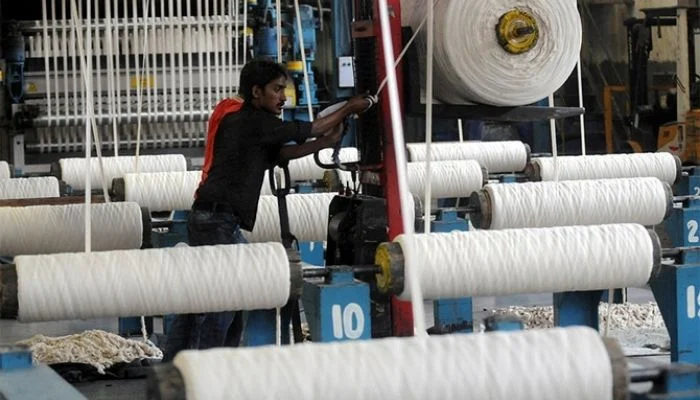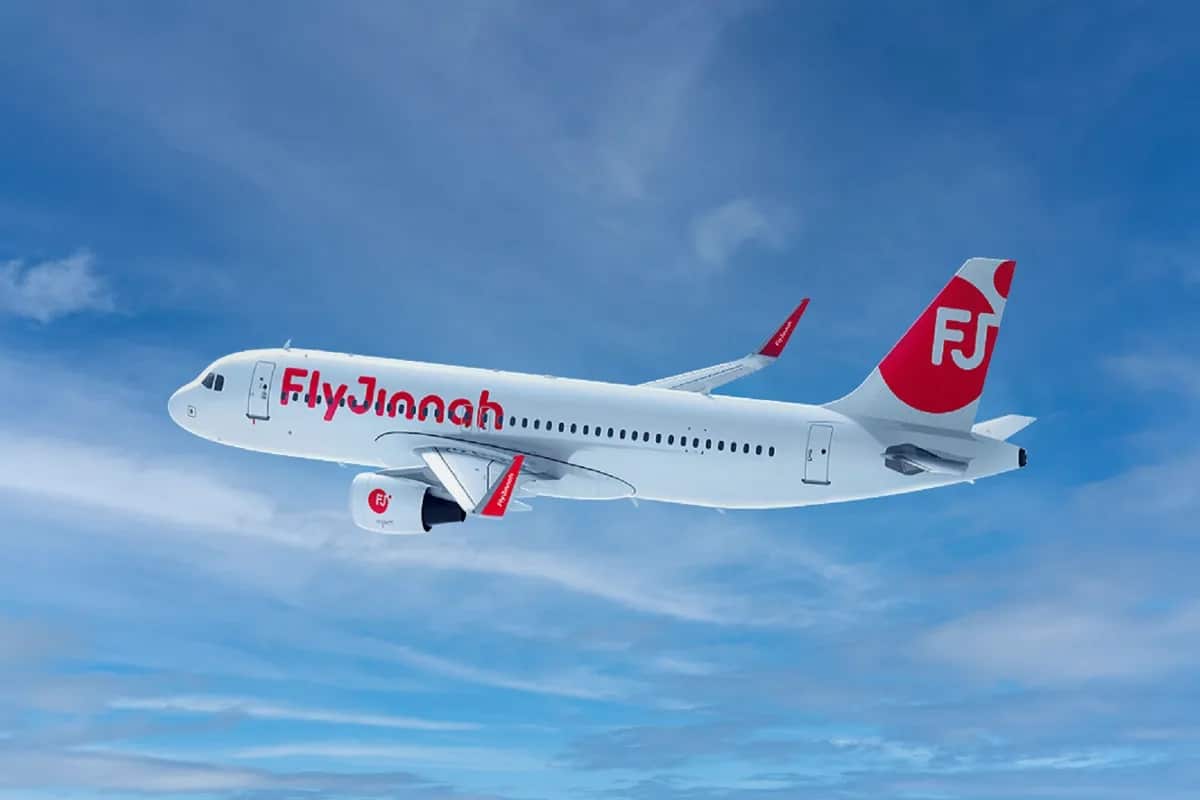- Value-added textile sector warns of job losses.
- Says exports have declined sharply.
- Around 7 million workers likely to lose jobs.
KARACHI: Lamenting the current economic crisis, Pakistan’s value-added textile sector feared that more industries would halt their operations, which would increase the number of layoffs, The News reported Tuesday.
Associations representing the value-added textile sector, while speaking during a joint presser, said that other exports have declined sharply along with textiles. They said that it is likely to further decline to the lowest ebb amid dangerously low foreign exchange reserves.
Participants included Value-Added Textile Forum Coordinator and Pakistan Apparel Forum Chairman Muhammad Jawed Bilwani, Pakistan Hosiery Manufacturers and Exporters Association Chairman Muhammad Babar Khan, PHMA Zonal Chairman Khizer Mehboob, Pakistan Knitwear and Sweater Exporters Association Chairman Rafiq Godil, Pakistan Cloth Merchants Association former chairman Abdul Samad, and chairman of the Towel Manufacturers Association of Pakistan.
They pointed out that industries were compelled to shut down and lay off around 7 million workers, of which 4 million were the textile sector’s workforce.
Raising the matter of letters of credit, the industry representatives said that import of necessary raw materials and accessories with even nominal values such as $5,000 were denied, which dented export orders. This caused severe disruption and delays in completion and even cancellation of export orders.
This situation also led to port demurrage of various consignments, which exceeded the cost of those materials that were damaged and would now be auctioned as they were of no use to export industries.
Recently, textile exporters were also deprived of their remittances to participate in a global textile exhibition scheduled in Germany and barred from sending exhibition materials via an international courier. Participation only became possible after the intervention of the Trade Development Authority of Pakistan, which sought special permission from the State Bank of Pakistan for the purpose.
The value-added sector demanded the government to give it first priority instead of third in imports of raw materials compared to the imports of even essentials like wheat and edible oil and energy.
Decrying the delay in the release of sales tax refunds, they asked the government to disburse the amount in 72 hours after approval of eRPOs instead of delaying it for two months.
Industrialists have lost faith in the government because of its failure to strengthen the economy. It was impossible to operate under extreme financial stress and an economic crisis. All priority should be given to the value-added textile exporters, the presser participants demanded. The government should allow exporters to spend 20% of their foreign remittances on the import of raw material and accessories.
SBP has already allowed exporters to retain 10% of their export proceeds in Exporters Special Foreign Currency Account to spend these US dollars on various purpose e.g. foreign consultant payment, hotel booking and travelling, payment for IT equipment and software, lab testing charges, audit/ inspection/ certification charges etc.
Talking about the gas crisis, the industrialists said that amid the gas crisis in the country, particularly in Karachi, they felt deprived of a level playing field and a viable business environment.
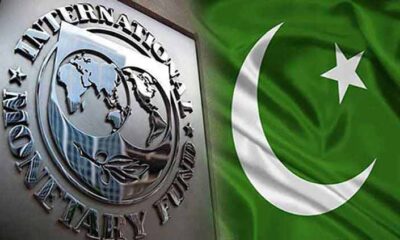
 Latest News2 days ago
Latest News2 days ago
 Latest News1 day ago
Latest News1 day ago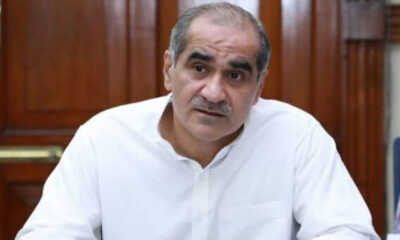
 Latest News2 days ago
Latest News2 days ago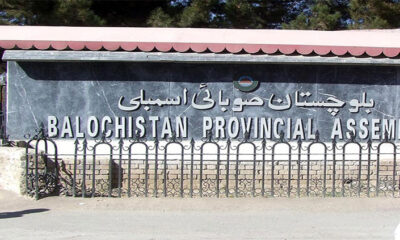
 Latest News2 days ago
Latest News2 days ago
 Latest News1 day ago
Latest News1 day ago
 Business2 days ago
Business2 days ago
 Latest News2 days ago
Latest News2 days ago
 Latest News1 day ago
Latest News1 day ago
